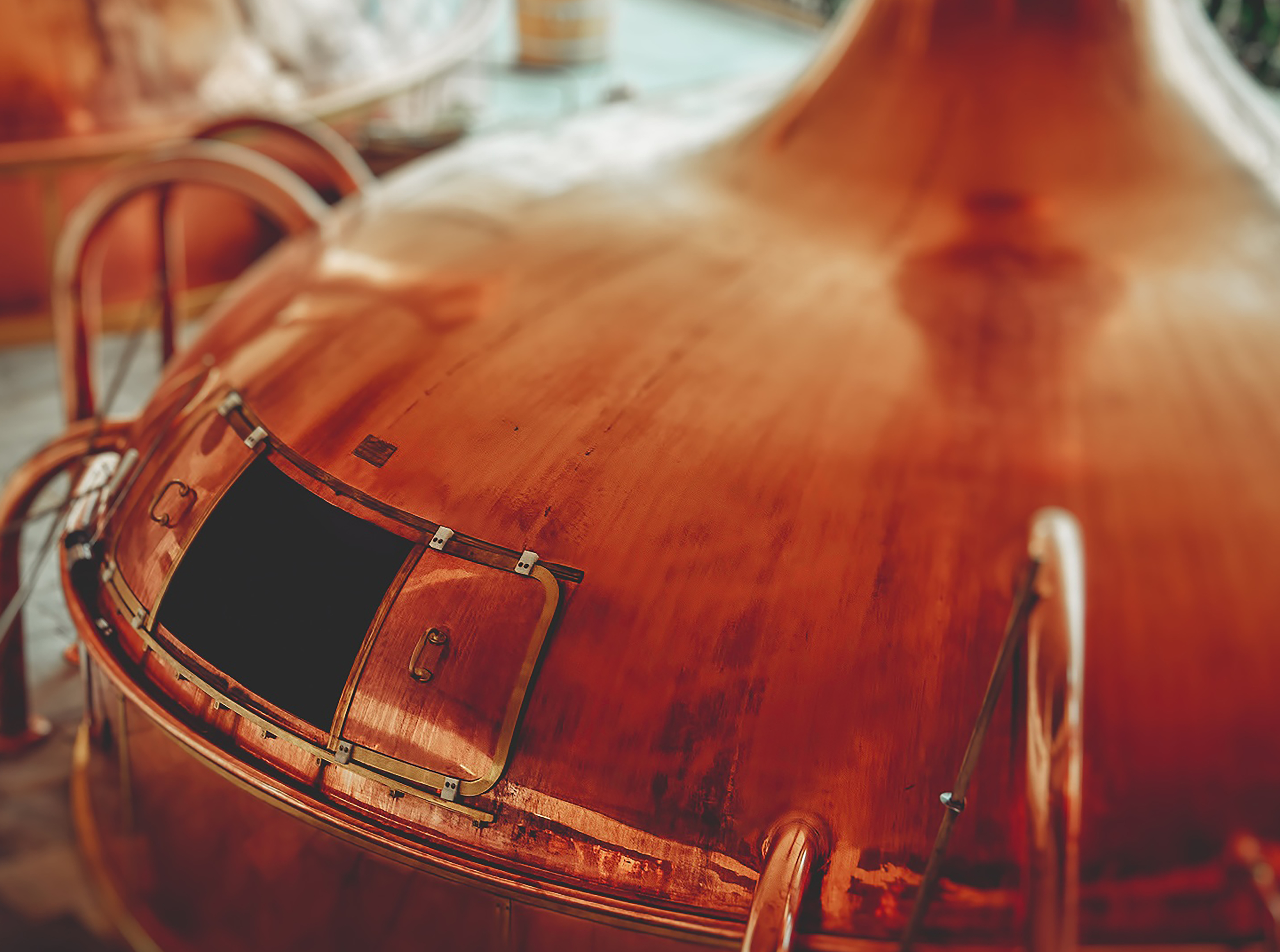Brewing
Today fermentations with S. pastorianus represent an annual production exceeding 1.7 billion hectolitres making of lager beer the most-produced fermented beverage in the world. Lager brewing strains, commonly referred to as S. pastorianus, have long been assumed to originate from a hybridization event involving S. cerevisiae and another Saccharomyces sp. The genome of the cold-tolerant, maltotriose-non-fermenting species S. eubayanus, first isolated in Patagonia in 2011 was shown to exhibit a 99.5% identity with the non-cerevisiae part of S. pastorianus genomes. It is now postulated that, after one or more spontaneous hybridization events, domestication of the resulting S. cerevisiae x S. eubayanus hybrid(s) by centuries of application and selection in brewing environments, played a major role in generating the current diversity of lager brewing strains. The resulting alloploid genome of S. pastorianus shaped by domestication is aneuploid and strains show significant chromosome copy number variation to another. In this line of research, my group tries to establish the relation that may exist between the variable genome complement of the various strains and their brewing performance. To study this link, several approaches are followed: i) exploring diversity of lager yeast population, ii) discovering new biodiversity iii) Construction new diversity by interspecific hybrydization and iv) engineering chromosomal copy number in a model lager strain. This work will lead to identification of new strategies for selection of brewing strains with selected properties.
People: Anja Brickwedde, Arthur Gorter de Vries, Nick Brouwers, Jasper Diderich, Susan Weening, Researcher associate position
Funding:

Marie Curie Initial Training Networks (ITN) “YeastCell”:

- TKIBE01001 project “Novel Strain Improvement Strategies for Industrial Micro-organisms (ISIM)”; subproject 2: “Novel Evolutionary Engineering Strategies for Yeast” F10.002.02 (BE-Basic).
- TKIBE01003 project “Advanced Microbial Biofuels and Chemicals Production (AMBIC)”; subproject 2: “Unravelling the Genetic Determinants of Alcohol Tolerance in Yeast” F10.001.02 (BE-Basic).
